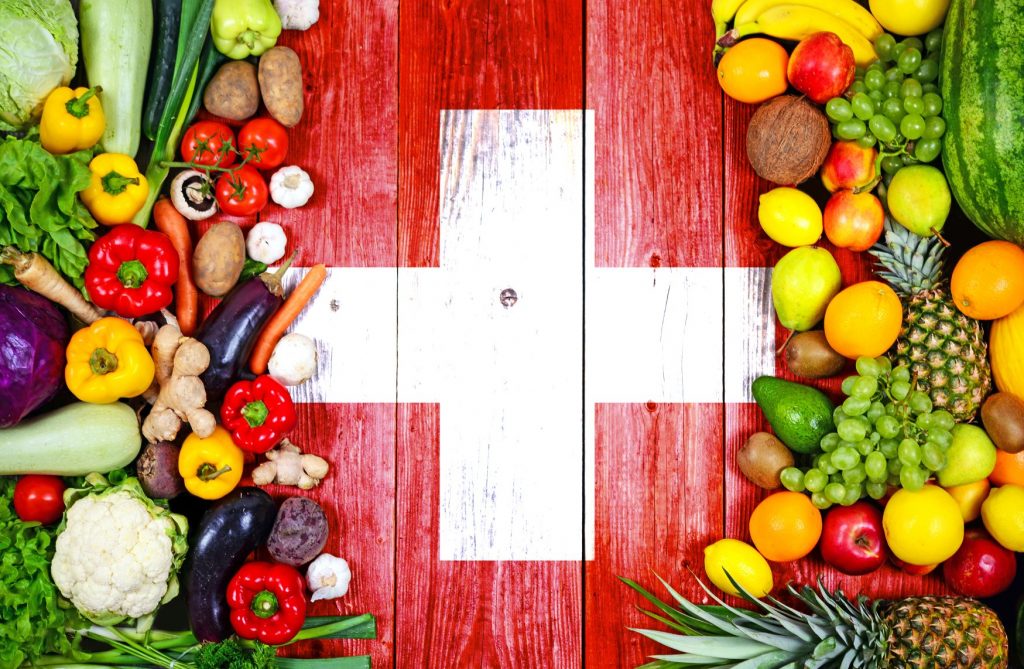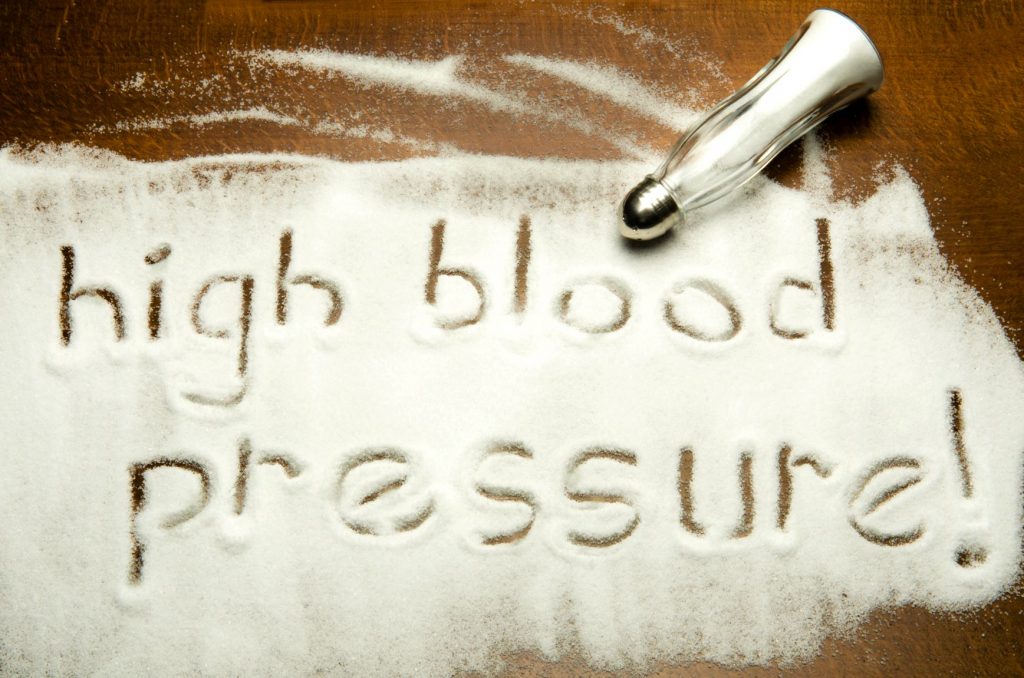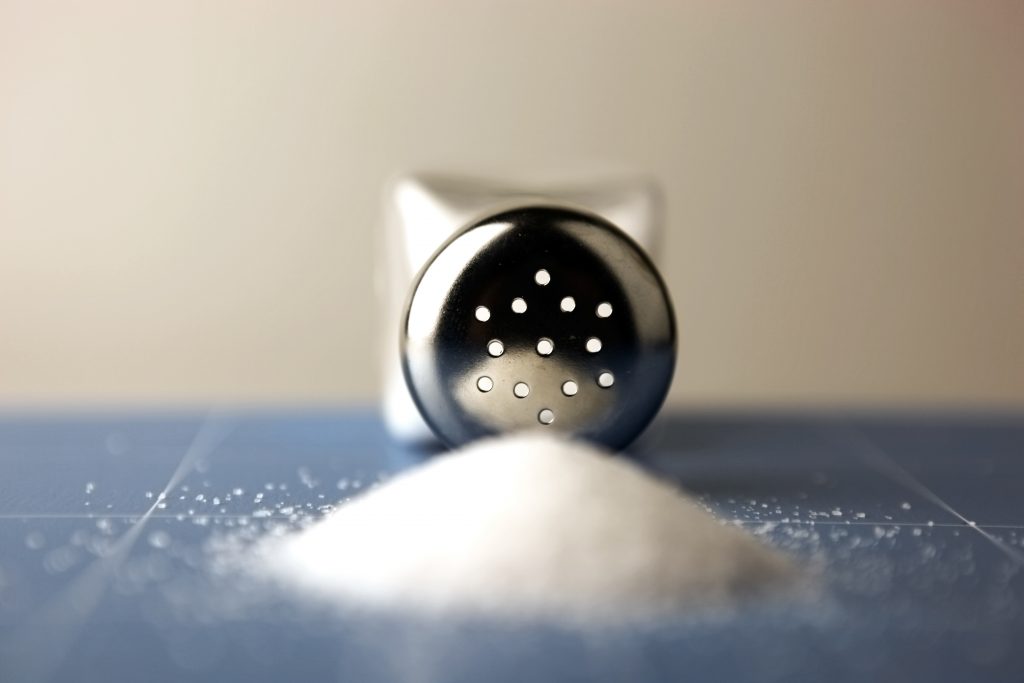The World Health Organization publishes new guidelines on hypertension

On the 25th of August, WHO published new hypertension guidelines. Titled “WHO Guideline for the pharmacological treatment of hypertension in adults”, the guidelines provide new recommendations to help countries improve management of hypertension, including when to start medications, what types of medications to use (and in what combinations), target blood pressure levels and how often […]
Salt intake and blood pressure in Iranian children and adolescents: a population-based study

Published in BMC Cardiovascular Disorders on the 2nd of February 2021, Emamian et al conducted a cross-sectional study to investigate the daily salt intake levels of schoolchildren aged 9-15 years, and its association with high blood pressure in an area with a high prevalence of hypertension (Shahroud, northeast Iran). A subsample of 5,620 schoolchildren provided […]
Clinical Profiles and Factors Associated with a Low Sodium Intake in the Population: An Analysis of the Swiss Survey on Salt

Published in Nutrients on the 23rd of November, Burnier, Paccaud and Bochud conducted an analysis of the “Swiss Survey on Salt” with a focus on the clinical profiles and factors of people with low sodium intake. The “Swiss Survey on Salt” was conducted between 2010 and 2012 and included a random sample 1448 Swiss adults […]
Urinary Sodium and Potassium Levels and Blood Pressure in Population with High Sodium Intake

Published in Nutrients on 10 November 2020, Song et al conducted a cross-sectional analysis in 2,653 Korean adult men and women to examine the association between urinary sodium-to-creatinine ratio and potassium-to-creatinine ratio measured by overnight half-day urine samples with blood pressure. A validated food frequency questionnaire was also used to assess food intake. The study […]
The association between sodium and blood pressure is influenced by methods of evaluating the completeness of 24-h urine collections

Published in Nutrients on 11 September 2020, Abu Mohd Naser et al investigated whether different methods of evaluating the completeness of 24-h urine samples influences the association between sodium intake and health outcomes. A secondary analysis of three cohort studies from Bangladesh was conducted using cross-sectional sodium intake and blood pressure measures across several visits […]
Spot urine samples should not be used to examine sodium‐disease relationships

Published in the Journal of Clinical Hypertension on 10 September 2020, Peterson et al. conducted a systematic review on the use of spot urine samples to examine sodium-disease relationships. As part of the Science of Salt series of regularly updated reviews, this study critically appraised relevant studies from November 2018 to August 2019. Only two […]
Consumption frequency of energy dense salty food is associated with diastolic hypertension in children

Published in Nutrients, Gloria Perez-Gimeno et al conducted a case control study in 687 Spanish children between 5 and 16 years old to investigate the association between the consumption frequency (CF) of energy-dense salty foods (EDSF), high-sugary foods (HSF), sugar-sweetened beverages (SSB) and the Dietary Approach to Stop Hypertension (DASH) score and high blood pressure; […]
A dose-response: reduction of blood pressure by restricting dietary sodium intake

Huang et al conducted systematic review and meta-analysis published in British Medical Journal that examines the dose-response relationship between a reduction in dietary sodium and change in BP. Measured using the gold standard, each 50mmol reduction in 24-hour sodium excretion was associated with a 1.10 mm Hg reduction in SBP and a 0.33 mm Hg […]
High blood pressure doubles risk of death from COVID-19

Gao et al conducted a retrospective observational study examining the increased risk of death caused by COVID-19 in China in hypertensive patients. Researchers from China and Ireland analysed data from 2899 COVID-19 patients in Xijing Hospital, China, between the 5th of February and 15th of March. After adjusting for confounding factors, they found a 2.12-fold […]
Salt substitution may prevent half a million deaths from CVD in China

A modelling study conducted by Markland et al from The George Institute has found that replacing regular salt with potassium-enriched salt could prevent around 460,000 CVD deaths each year in China by lowering blood pressure levels. Mean population sodium intake in China is more than double the WHO-recommended maximum intake limit, mainly from home-cooked meals. […]